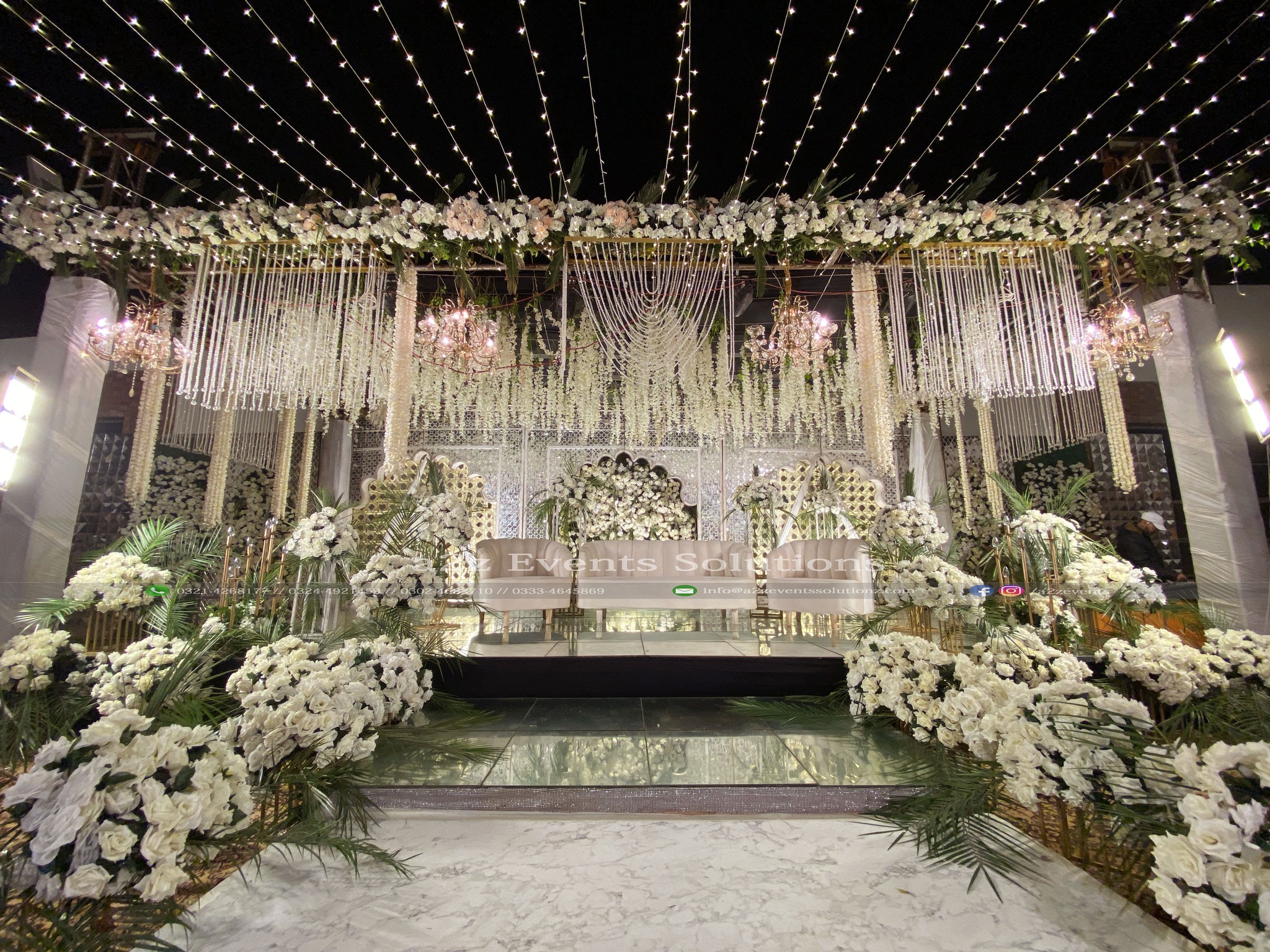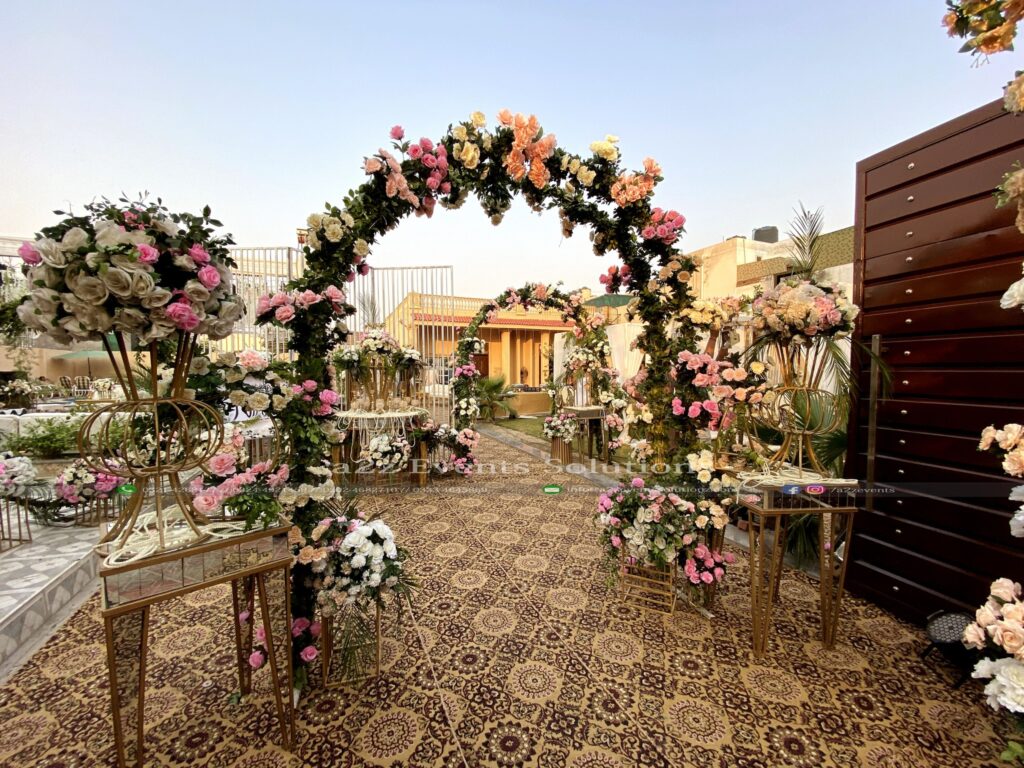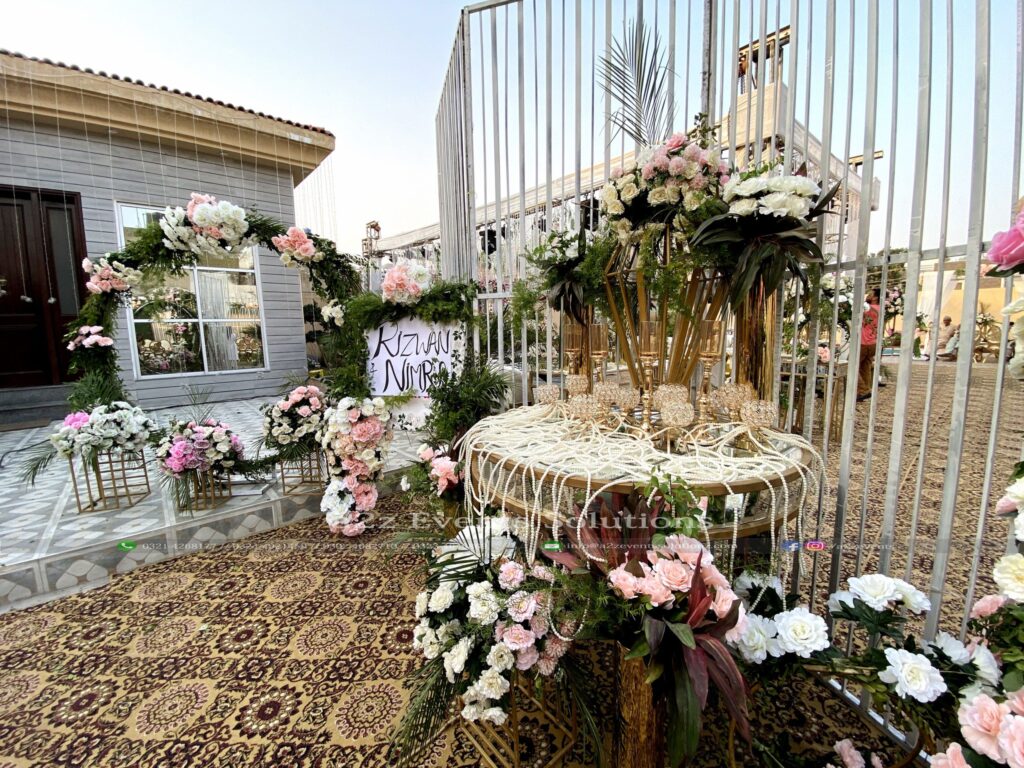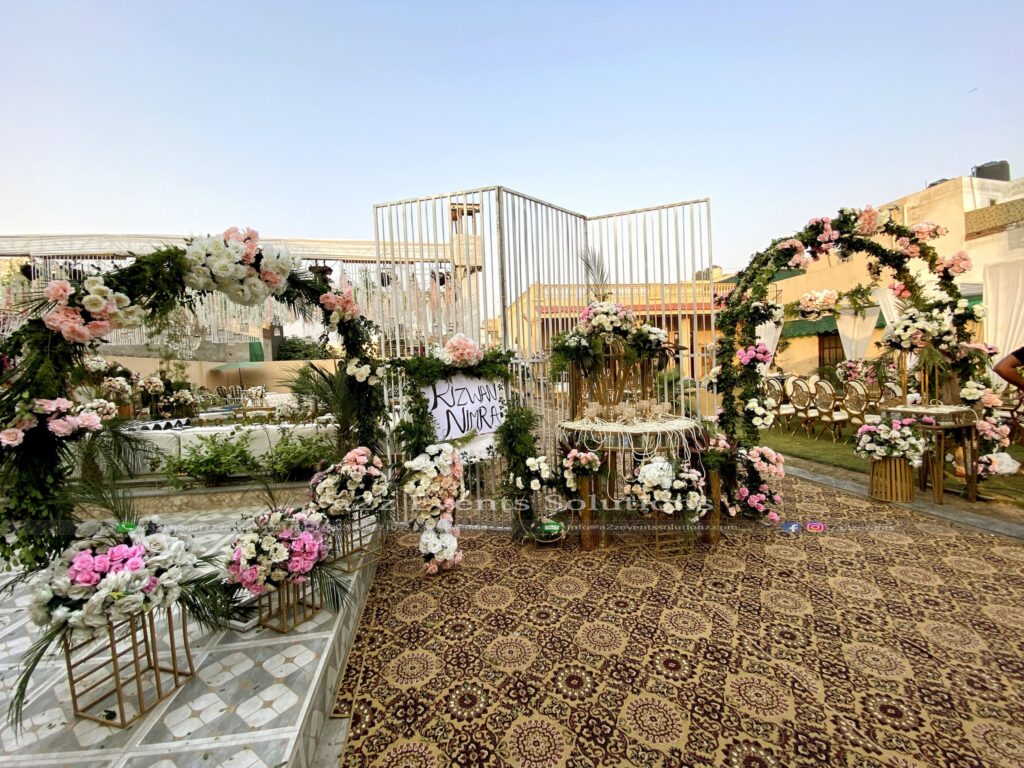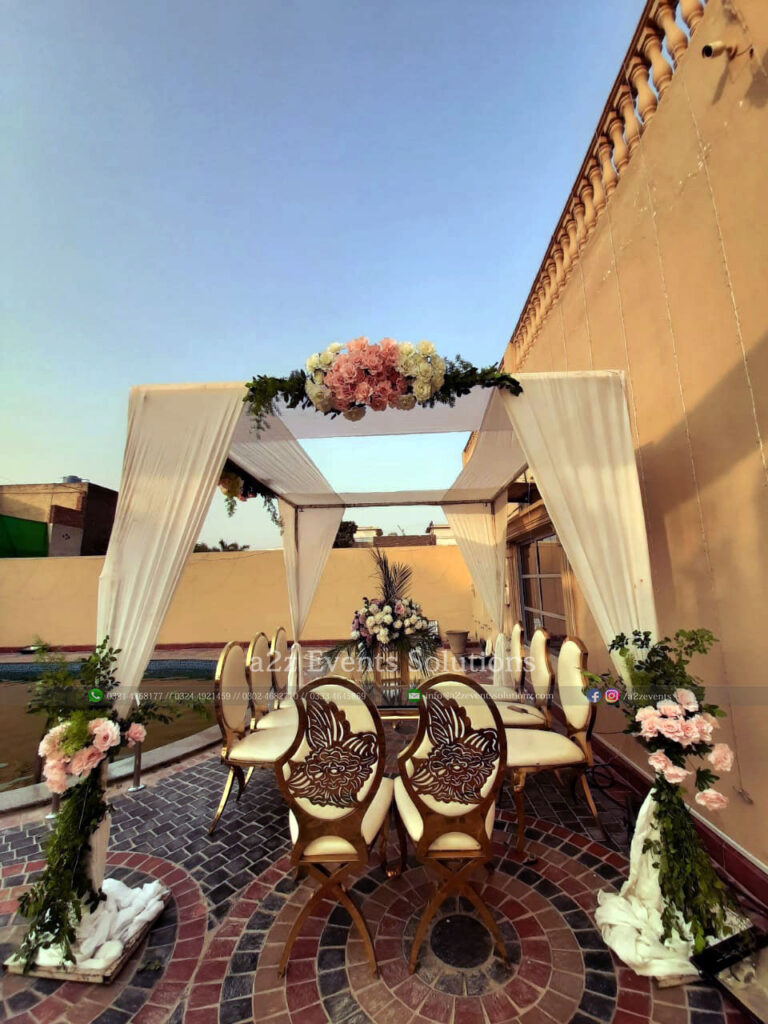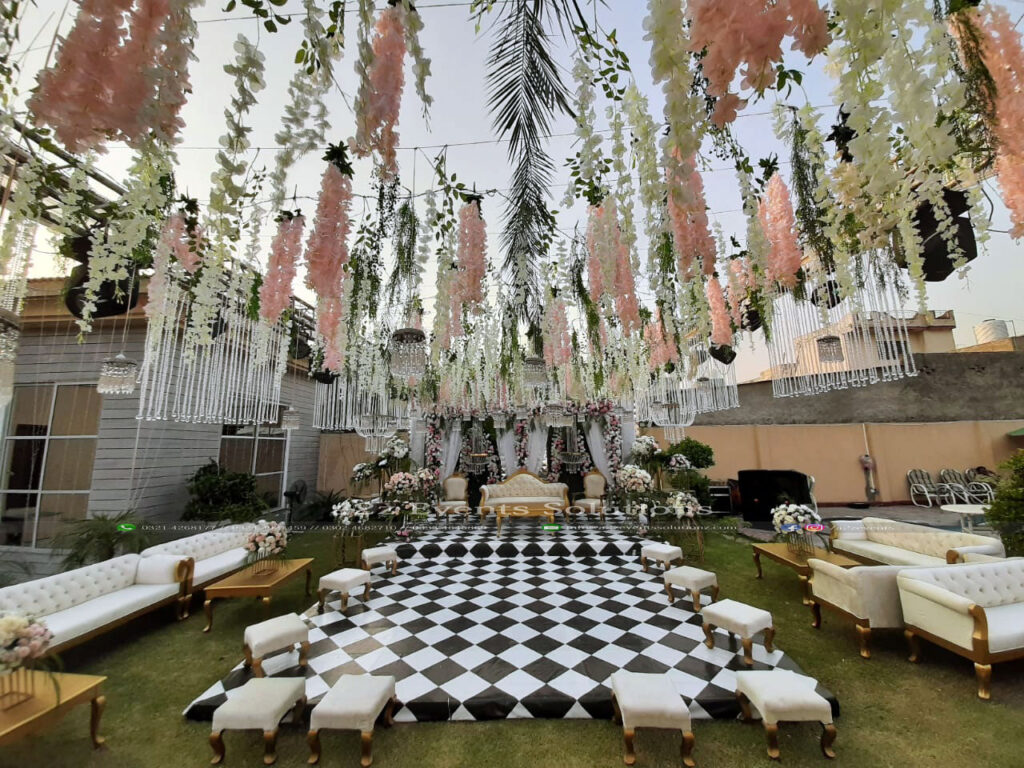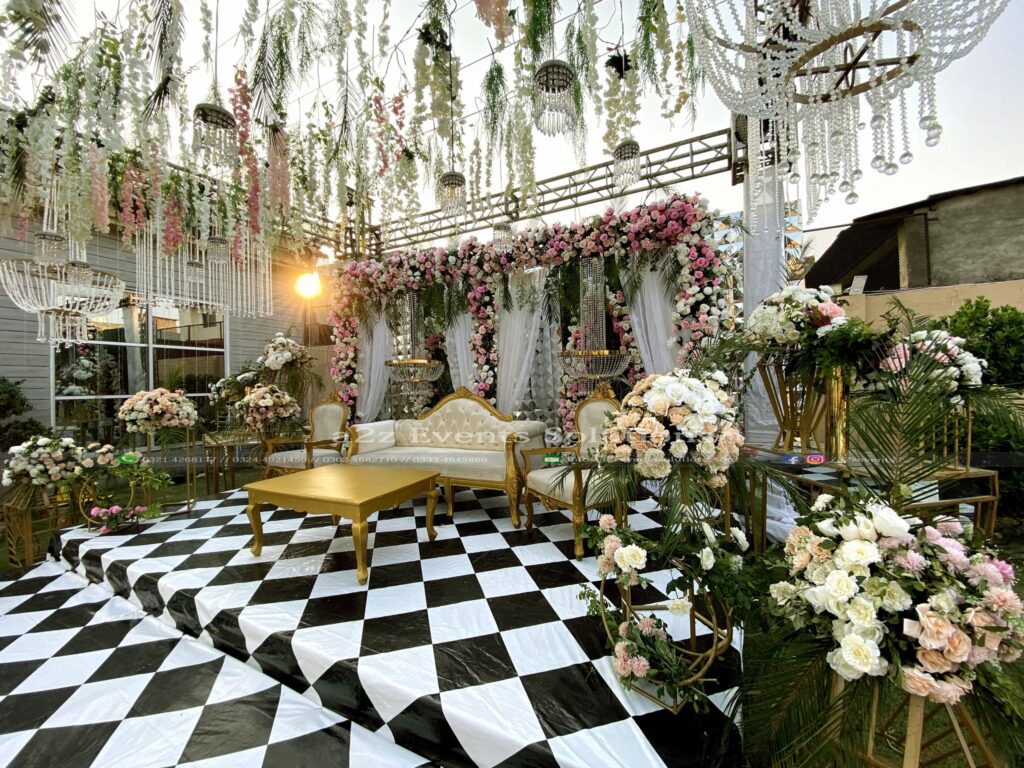Organizing an event requires meticulous planning, attention to detail, and creative vision. From weddings and corporate conferences to birthday parties and charity fundraisers, the success of any event largely depends on how well it is organized and decorated.
Define Your Event Objectives and Theme:
Before diving into the logistical aspects, it is crucial to define the objectives and theme of your event. Consider the purpose, target audience, and desired atmosphere. Whether it’s a formal black-tie affair or a whimsical garden party, having a clear vision will guide your decisions throughout the planning process.
Plan Your Budget:
Establishing a budget is essential for managing expenses and making informed decisions. Determine how much you can allocate to different aspects, including venue, catering, entertainment, and decorations. Keep in mind that decorations play a vital role in setting the ambiance, but allocating a reasonable portion of your budget is essential to avoid overspending.
Select an Appropriate Venue:
Choose a venue that aligns with your event objectives, accommodates the number of guests, and suits your theme. Consider factors like accessibility, parking, and facilities available. Visit potential venues in person to assess their suitability and envision how you can transform the space with decorations.
Create a Timeline and Checklist:
Develop a detailed timeline that outlines all the tasks leading up to the event. This includes booking vendors, sending invitations, planning menu options, and finalizing decorations. A checklist will help you stay organized and ensure you don’t miss any crucial steps along the way. Assign responsibilities to a team or volunteers to distribute the workload effectively.
Hire Professional Vendors:
Engage reliable vendors who can provide the necessary services to bring your event to life. This may include caterers, decorators, florists, lighting technicians, and entertainers. Look for experienced professionals with a track record of delivering high-quality work within your budget constraints. Obtain multiple quotes and thoroughly review contracts before making any commitments.
Coordinate Event Functions:
Ensure smooth coordination of various event functions, such as speeches, presentations, entertainment, and activities. Create a well-structured program that keeps guests engaged and on schedule. Collaborate with speakers and performers to understand their requirements and make necessary arrangements to support their performances.
Design Eye-Catching Decorations:
Decorations are key to creating an inviting and visually appealing ambiance. Consider elements such as table centerpieces, floral arrangements, lighting, signage, and stage setup. Choose decorations that complement your event theme and color scheme. Incorporate personal touches and branding elements to make the event unique and memorable.
Evaluate and Learn for Future Events:
Once the event concludes, take the time to evaluate its success and gather feedback from attendees, vendors, and your team. Identify areas of improvement and lessons learned to enhance future events. Reflect on what worked well and what could be improved to continually refine your event planning and decoration skills.
Conclusion:
Organizing event functions and decorations is a multi-faceted process that requires careful planning, creativity, and attention to detail. By following these guidelines, you will be well-equipped to create stunning, memorable events that leave a lasting impression on your guests. Remember, the key is to stay organized, communicate effectively with vendors and team members, and consistently consider the overall experience you want to deliver.

